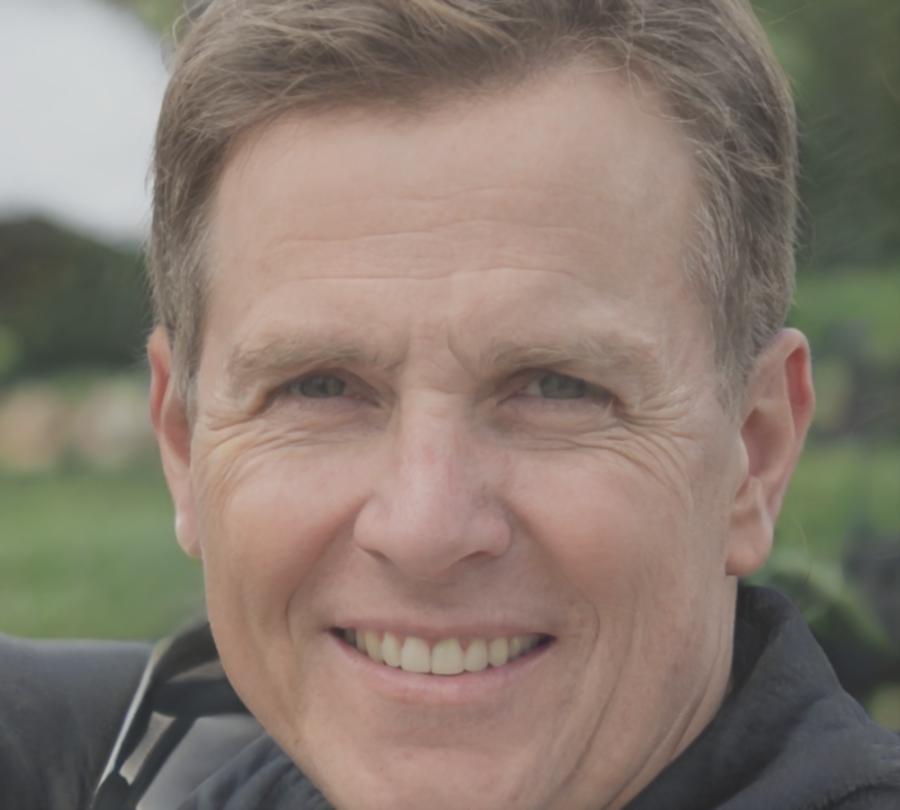Teaching what actually works
Our courses emerged from watching students struggle with generic advice. You know the kind—cut spending, track everything, save more. Sounds easy until you're juggling rent, groceries, and unexpected repairs on a Tuesday.
Instead of theory, we focus on situations people face daily. Like how to build flexibility into a budget when income varies month to month. Or adjusting spending plans when life throws surprises (it always does). These aren't edge cases—they're normal life in 2025.
We work with the South Korean market because we understand local financial patterns, but our methods apply broadly. Cultural context matters when discussing savings habits or family financial responsibilities.

